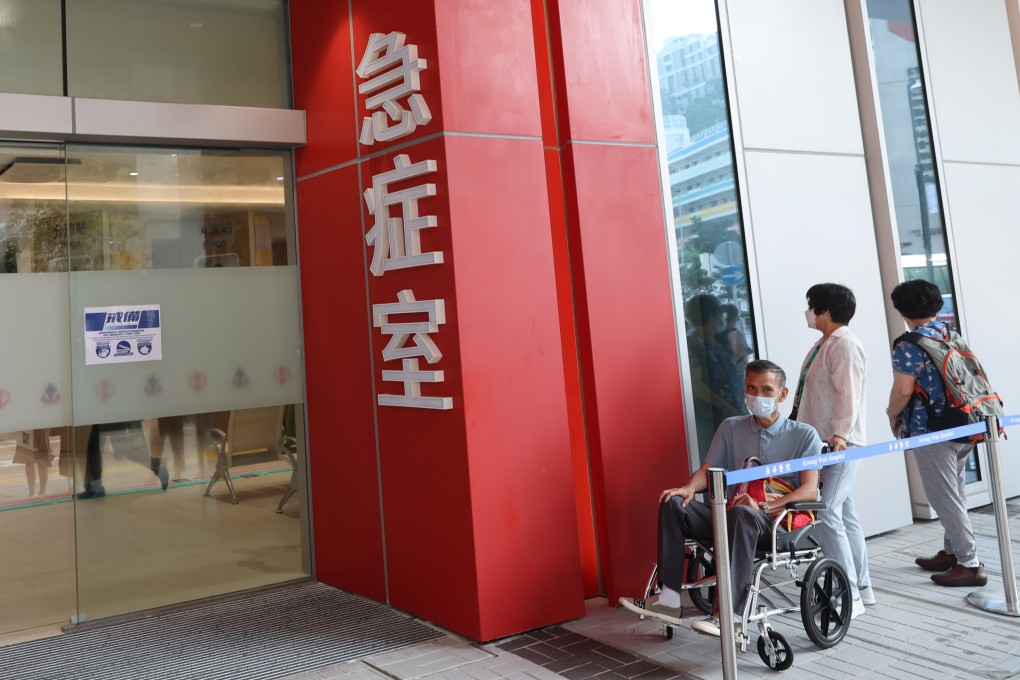Letters | How Hong Kong can learn from the US to ease overcrowding at hospital emergency rooms
- Readers discuss ways to prevent non-emergency patients seeking treatment at emergency rooms, mental health support for local vets, the misguided call to cancel the Gay Games, and the use of paper arrival cards at immigration

People who need medical care flock to emergency rooms because they do not want to wait in line in government clinics nor pay the cost of seeing private practitioners. Others visit emergency rooms for the convenience of after-hours availability.
Overcrowding in emergency rooms by non-emergency patients results in prolonged waiting times for bona fide emergency cases, causing increased morbidity and mortality. The use of emergency facilities for non-emergencies is also not cost-effective.
Many countries adopt various triage systems in emergency rooms, whereby patients are categorised by level of urgency, from those requiring immediate evaluation by doctors, such as of strokes and heart attacks, to those with minor ailments such as colds and ankle sprains. Patients are then directed to either the actual emergency department or an adjacent non-urgent outpatient clinic.
By the same token, establishing a functioning telehealth system as part of the emergency services will help alleviate overcrowding. Patients can call in for advice regarding the urgency of their problems. Studies have shown that healthcare issues can be triaged safely through telephone consultations with experienced clinicians.